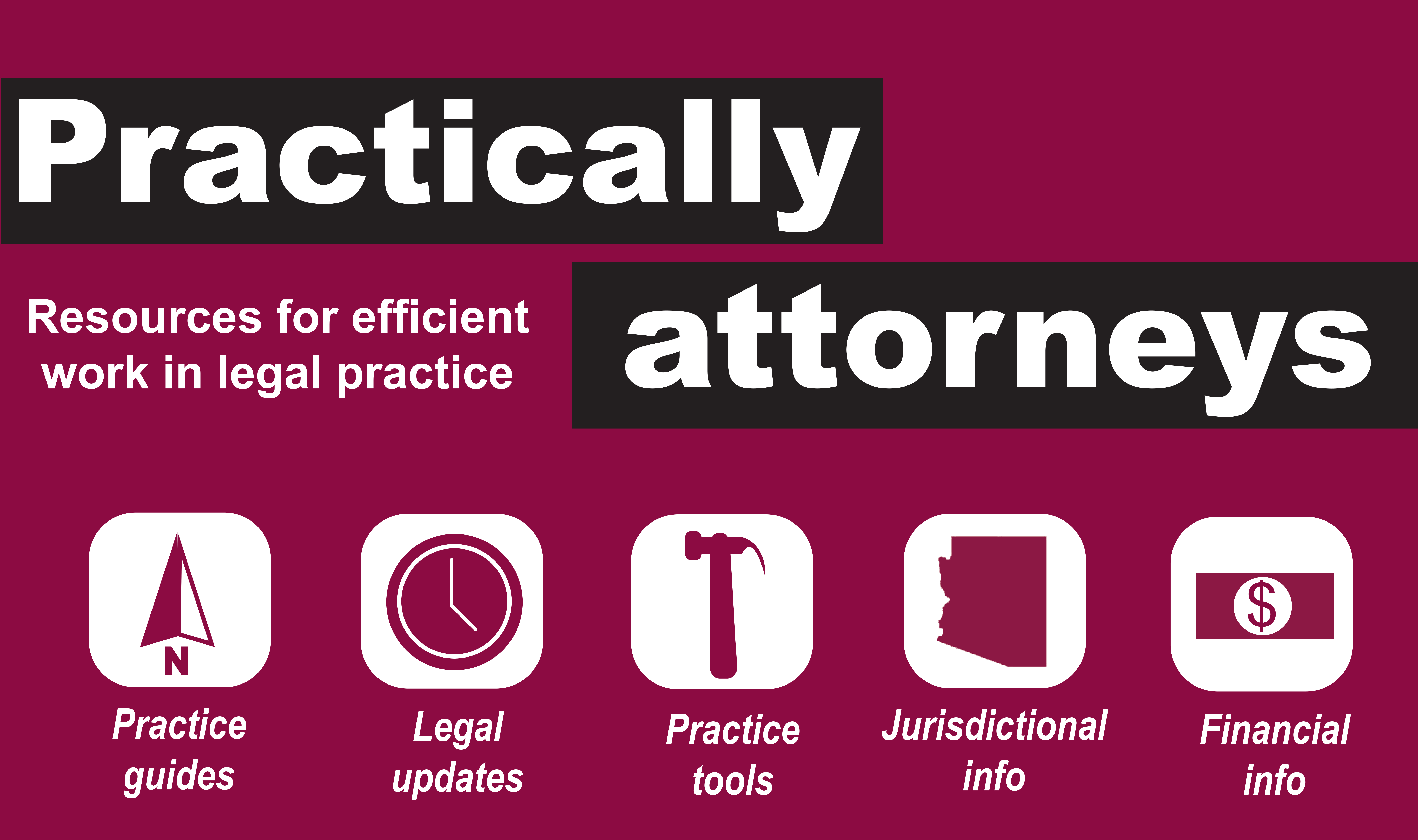 What is it?
What is it?
For e-discovery purposes, the term metadata generally refers to information about an electronic file (email message, MS Office document, audio/video file, etc.) that is stored in the underlying contents of the file. While some of this information may appear on the face of a document, such as the file date or file name, there can be hundreds of additional metadata values that are not readily accessible without the use of technology to extract them. Some metadata values are easily updated by a document’s custodian, such as the file author or file name for an MS Word document. Other metadata values, such as a file’s date last modified, are computer generated and not available for manual input or manipulation. Diane Quick, Don’t Forget about Me(tadata), 25 Pretrial Prac. & Discovery 9 (2017).
Why is it important to a law student or lawyer?
Metadata can be exceptionally useful at a later date if you’ve organized it properly. In fact, metadata was how they captured the famous BTK Killer in 2004. It can tell you when, who, and where a piece of information was created or modified. Actually, it can tell you basically anything – there’s no limit to the number of fields that someone could record in the metadata of (for example) a document or picture.
The problem arises when you unknowingly pass metadata to someone who you would prefer did not have that information. Here are a couple of hypotheticals to illustrate:
- You are working for an attorney during your first internship. The attorney emails you an MS Word pleading to use as a template for a declaration you’re about to prepare. In that template’s metadata fields there is confidential information about another client. You email the declaration to opposing counsel who opens it and now has access to that confidential information.
- Your client provides you with electronic information (pictures, MS Word documents, etc.) for your case. During the eDiscovery process, your supervisor has you send hundreds of files to opposing counsel. You did not remove the metadata from the files and end up sending along incriminating, sensitive, or privileged evidence to the opposition.
- Your supervisor gives you a PDF contract template to prepare a contract for a new client. You spend hours meticulously drafting the perfect agreement to impress the client and your supervisor… but you forget to remove the metadata from the old agreement. The new client sees the other client’s name and exclaims, “You attorneys are all crooks! You’re just reusing the same boilerplate contract and charging me thousands of dollars!”
Note: If you’re working in Arizona, the State Bar has explicitly stated that opposing counsel cannot mine for embedded metadata to bring as evidence…. but how would you ever know if they had?
Current Legal Issues:
Can you take advantage of opposing counsel’s laziness regarding metadata during the discovery process?
Riccardo Tremolada, The Legal Ethics of Metadata: Accidental Discovery of Inadvertently Sent Metadata and the Ethics of Taking Advantage of Others’ Mistakes, 25 Rich. J.L. & Tech. 1 (2019).
Bulk biometric metadata and police surveillance:
Margaret Hu, Bulk Biometric Metadata Collection, 96 N.C. L. Rev. 1425 (2018).
Regulation by metadata-mining algorithms (robots):
Cary Coglianese; David Lehr, Regulating by Robot: Administrative Decision Making in the Machine-Learning Era, 105 Geo. L.J. 1147 (2017)
Sean Harrington, Electronic Resources Librarian


